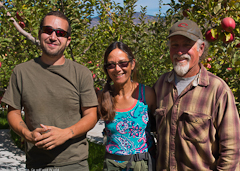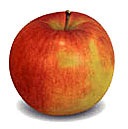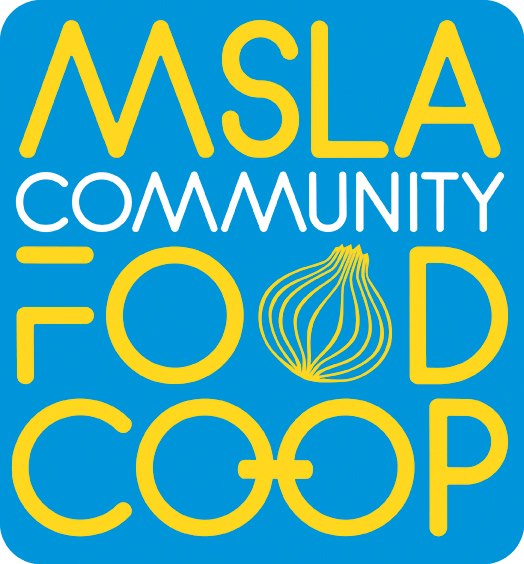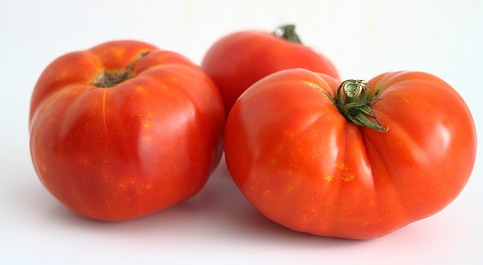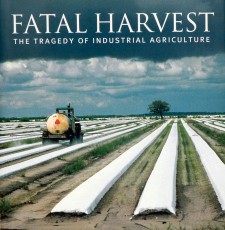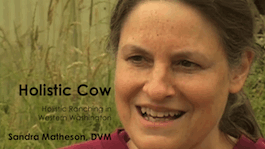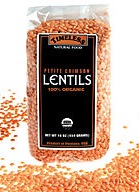Good Apple Karma
Take a drive north on Highway 97 and you will pass along the Columbia and Okanogan Rivers between tiers and tiers of orchards growing all kinds of fruit, from stone fruit – apricots, nectarines, and peaches – to apples, pears, and cherries, and the occasional quince. Just a few miles north of Tonasket WA you’ll find River Valley Organics. What’s is it that makes River Valley Organics so special? A unique combination of karma and heart.

